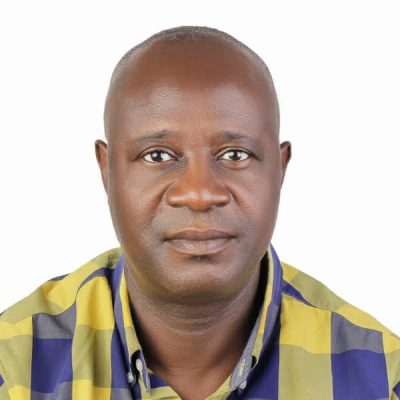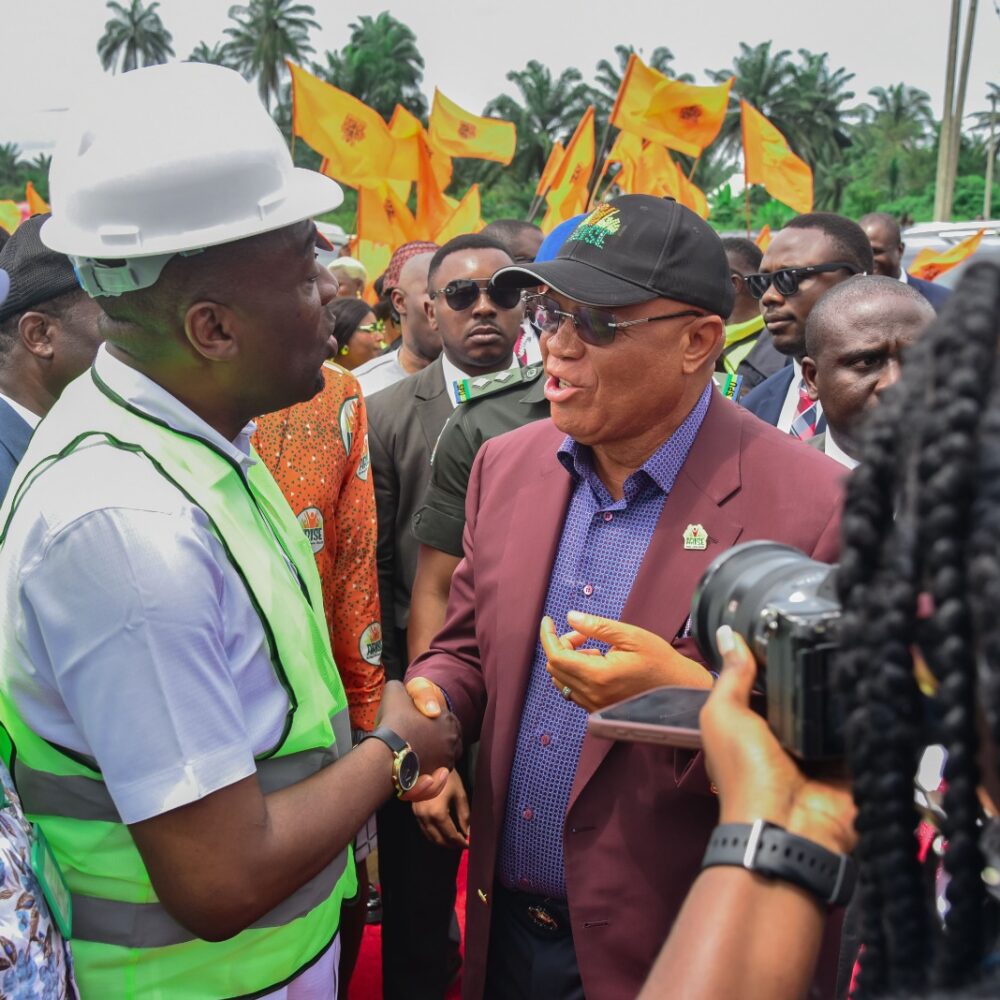Drug abuse among Nigerian youth has emerged as a critical public health and social issue, necessitating multiple intervention strategies. In this article, I will be discussing the role of public relations as a pivotal tool in combating this menace. I will also be examining successful case studies and proposing strategic communication frameworks and aim to provide insights into how public relations can influence behavior change, raise awareness, and rally community action towards a drug-free youth demographic.
The menace of drug abuse in Nigeria has escalated over the years, posing significant risks to the country’s social fabric and future prosperity. The youth, who constitute a substantial portion of Nigeria’s population, are particularly vulnerable due to factors such as peer pressure, unemployment, and lack of awareness. Addressing this issue requires innovative solutions, with public relations (PR) positioned as a viable strategy to effect change.
The Role of Public Relations in Combating Drug Abuse
Public relations play a crucial role in shaping perceptions, influencing public behavior, and mobilizing community resources. Leveraging communication channels, PR strategies can disseminate effective anti-drug messages, educate the public, and advocate for policy changes.
Case Study 1: The “Stay Clean, Stay Healthy” Campaign
In 2022, a nationwide public relations campaign titled “Stay Clean, Stay Healthy” was launched, targeting Nigerian youth in urban centers. This initiative utilized social media, celebrity endorsements, and community workshops to disseminate messages about the dangers of drug abuse and promote healthy lifestyle choices.
Objectives: To reduce the incidence of drug experimentation among teenagers by 20% within a year.
Strategies: Collaboration with local influencers and musicians to create engaging content, interactive social media platforms for discussions, and school-based programmes featuring testimonials from recovering addicts.
Outcomes: A 25% reduction in reported cases of drug abuse among participants and increased awareness levels about drug dangers.
Case Study 2: Grassroots Mobilization in Kano State
Recognizing the cultural and religious factors unique to Kano State, a culturally sensitive PR campaign was launched to combat drug abuse.
Objectives: To engage community and religious leaders in spreading anti-drug messages and creating a support system for youth.
Strategies: Partnering with local mosques and community leaders to integrate anti-drug sermons, organizing community forums, and establishing a 24/7 hotline for support and information.
Outcomes: Strengthened community networks, a drop by 18% in local drug-related incidents, and enhanced resource accessibility for at-risk youth.
Strategic Framework for Future PR Campaigns
Research and Analysis: Understanding the socio-economic and cultural drivers of drug use within target communities to tailor messages effectively.
Stakeholder Engagement: Building coalitions with government agencies, NGOs, religious, and community leaders to amplify message reach and credibility.
Integrated Communication Channels: Utilizing both traditional media (radio, TV) and new media (social networks, podcasts) to reach diverse audiences.
Monitoring and Evaluation: Establishing metrics to assess campaign impact, allowing for continuity and improvement in response strategies.
Addressing drug abuse among Nigerian youth requires innovative public relations approaches that are culturally competent, research-driven, and strategically implemented.
By engaging stakeholders, utilizing diverse communication platforms, and maintaining consistent advocacy, PR campaigns can significantly contribute to reducing the scourge of drug abuse.
These efforts underscore the need for continued investment and emphasis on public relations as a tool for social change in Nigeria’s fight against drug abuse.
*Dr. Afolabi Olajuwon is a Fellow of the Nigerian Institute of Public Relations, Fellow of the Institute of Management Consultants, Fellow of the Chronicle Business School, Abuja, a Researcher and resource person at the International Institute of Journalism, Abuja.





